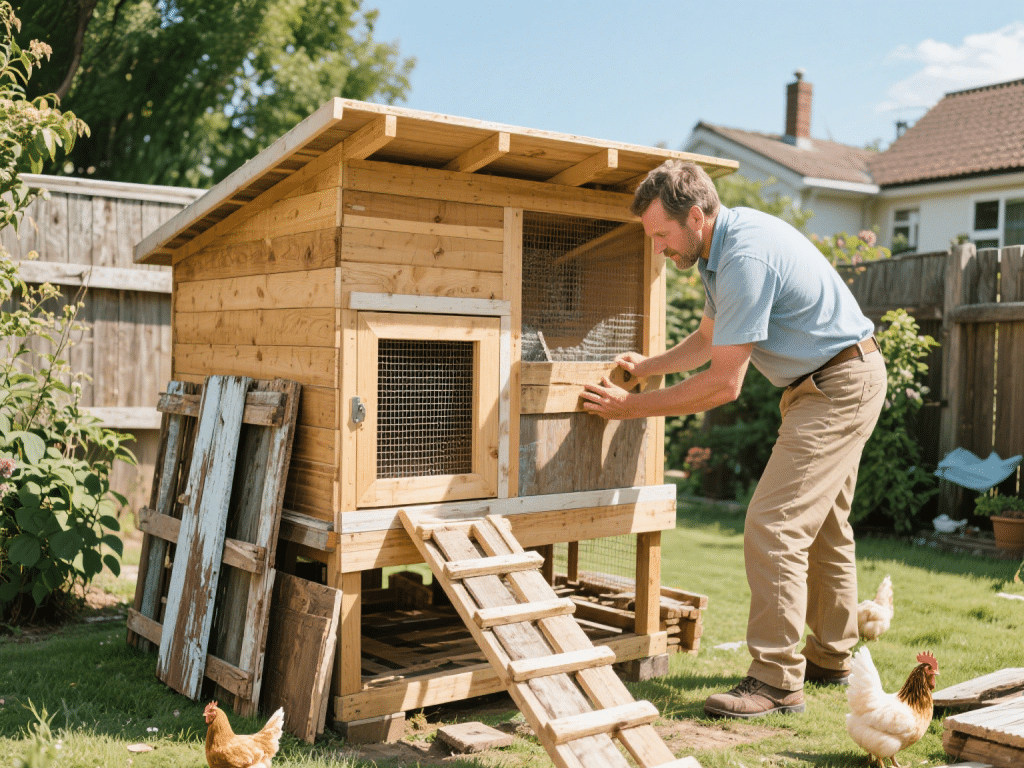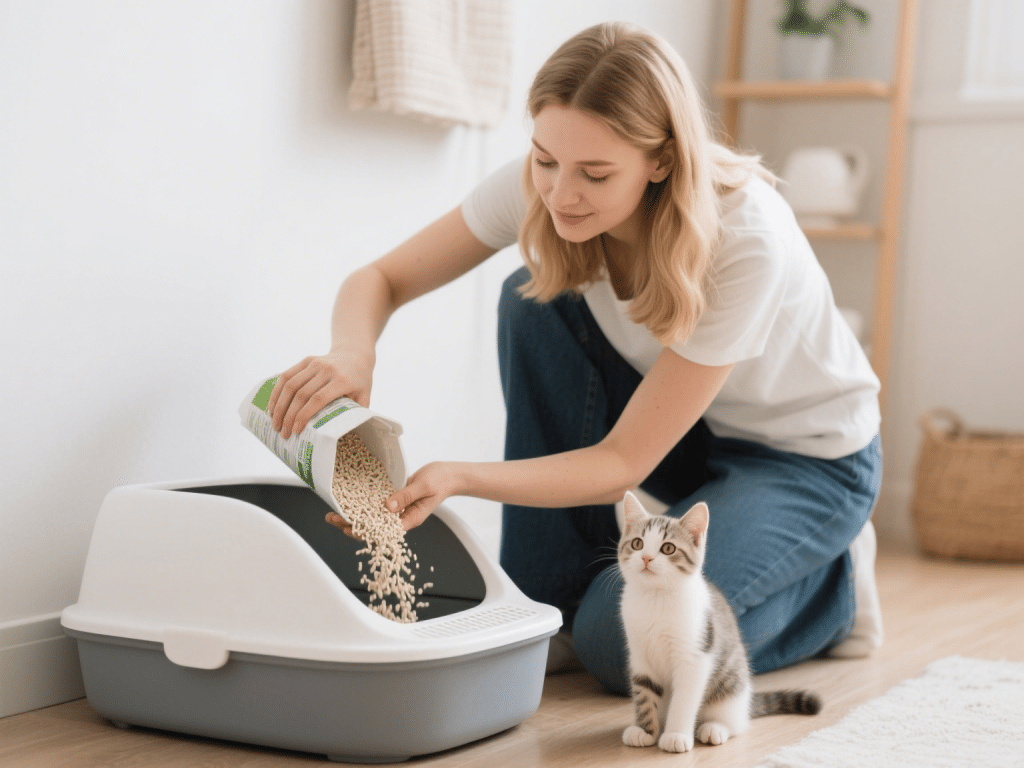RECOMMENDED NEWS

The Science Behind Pet Weight Loss: Expert Strategies
Obesity affects nearly 60% of domestic pets today, leading to arthritis, diabetes, and reduced lifes...
Read More →
Top Natural Remedies to Relieve Itchy Skin in Dogs
As a certified veterinary dermatologist with over a decade in canine skin health, I know how distres...
Read More →
Building a Pet-Friendly Yard: Safe Plants, Fences, and Play Zones
A thoughtfully designed yard offers pets fresh air, exercise, and sensory enrichment. However, many ...
Read More →
Introducing a New Puppy to Your Resident Cat: Peaceful Coexistence Tips
IntroductionBringing a new puppy into a household with an established cat can be challenging. Cats a...
Read More →
Building a DIY Outdoor Chicken Coop: Budget-Friendly Steps
IntroductionRaising backyard chickens provides fresh eggs, pest control, and companionship. Building...
Read More →
Best Organic Cat Litter Options for Sensitive Paws
IntroductionCats with sensitive paws or respiratory issues require gentle, low-dust litter options. ...
Read More →
Signs Your Pet Is Getting Older and How to Support Them
IntroductionAs pets age, they undergo physical and behavioral changes that require special care and ...
Read More →
Indoor Cat Deworming Myths Busted: What Every Owner Should Know
IntroductionMany cat owners assume indoor cats are immune to parasites, leading to skipped deworming...
Read More →
Healthy Joint Supplements for Senior Dogs: Benefits and Choices
IntroductionAs dogs age, joint health becomes a primary concern. Osteoarthritis and reduced cartilag...
Read More →
Comments on "How Often to Deworm Your Kitten: A Complete Guide" :